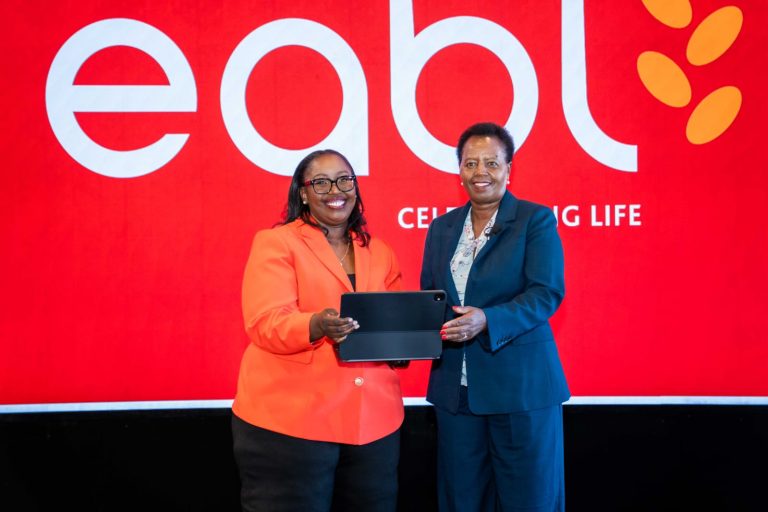If you are a trader in Nairobi using a weighing scale, you have until November 30 to have it inspected and certified by City Hall, or risk losing your business.
The county has in recent years faced complaints from both consumers and traders over unfair practices linked to faulty or deliberately tampered with and weighted scales.
Officials say the verification will protect both sides: consumers from exploitation and genuine traders from unfair competition by dishonest counterparts.
Traders across the capital have been instructed to submit to an ongoing inspection and stamping exercise for weighing and measuring equipment. The programme began in August and will conclude in November this year.
The county government says the drive is meant to enforce accuracy and fairness in trade, and to ensure customers get value for money when buying goods by weight or volume.
The initiative was announced on September 19. It has established designated centres throughout Nairobi city county in every subcounty where traders can submit scales and other equipment for verification and stamping.
The sites include police stations, chiefs’ offices, county offices, social halls and shopping centres. Areas include Westlands, Lang’ata, Kibra, Kasarani, Roysambu, Dagoretti and Embakasi.
“All traders within a radius of 20 kilometres of the places mentioned are required under the law to submit their weighing and measuring instruments for inspection and stamping,” the county said in its notice.
The statement indicated that equipment with a capacity of more than 500 kilogrammes will not be transported to the inspection venues. Instead, officers will visit business premises directly, provided owners notify the county director of weights and measures in writing at least three days in advance.
Traders must indicate the type of equipment, its capacity and location.
“Traders in possession of such instruments may comply with this notice by notifying the inspector … at least three days before the date on which the equipment is to be produced,” the directive indicated.
The county gave a detailed timetable for different subcounties, specifying dates and locations where inspectors will be stationed.
The programme started in Embakasi Central between August 18 and 22, then moved to Embakasi East from August 25 to September 2 at Soweto Social Hall. Kasarani traders were served from September 3 to 22.
In Roysambu, the checking is scheduled across multiple points, including the Zimmerman chief’s office on Lumumba Drive, Marurui chief’s office in Rasters and Ngumba shopping centre, running through September and early October.
Lang’ata traders will be seen October at Nairobi West NCC offices, Soweto Social Hall, Kenya Business Verification Hall, Ngei chief’s office and the Karen ward office.
Checks for Kibra residents will follow at Kibera DO’s office, Lindi chief’s office, Sarang’ombe chief’s office and Laini Saba chief’s office between October 16 and 22.
In Starehe, verification will take place at the Kenya Meat Commission grounds, Mariguini chief’s office, Sanasana chief’s office, City Market offices and Ngara chief’s office, during the last week of October.
Westlands traders will have their turn at Kangemi Market office on October 30, Mountain View NCC offices on October 31, Kawangware chief’s office on November 3-4 and Kangemi chief’s office on November 5.
Dagoretti North inspections will run from November 6 to 12 at Kawangware Muslim chief’s office, Kabiro ward office, Kawangware Omollo, Uthiru shopping centre and Ndumboini chief’s office.
Dagoretti South will follow from November 13 to 20 at Riruta NCC offices, Riruta chief’s office, Waithaka chief’s office, Mutuini chief’s office and Dagoretti Market.
County officials have warned that traders who fail to present their weighing instruments risk heavy penalties, including closure of businesses.
City Hall says the exercise is anchored in the Weights and Measures Act, which requires all commercial tools of trade to be tested and stamped annually to guarantee accuracy.
The county has in recent years faced complaints from consumers and traders alike over unfair practices linked to faulty or deliberately tampered scales.
Officials say the verification will protect both sides: consumers from exploitation, and genuine traders from unfair competition by dishonest counterparts.
Instant analysis
The message from City Hall is clear—comply with the inspection directive and fix your scales or risk being locked out of business when the November 30 deadline arrives.
by GORDON OSEN













